As Artificial Intelligence (AI) rapidly advances, real-world case studies offer valuable insights into the ethical challenges and consequences of AI deployment. Examining these cases helps organizations, researchers, and policymakers navigate the complexities of ethical AI use.
What Are Case Studies in AI Ethics?
Case studies in AI ethics focus on real or hypothetical situations where the use of AI raises ethical concerns. These scenarios explore issues like bias, privacy, accountability, transparency, and the potential societal impact of AI technologies.
Key Case Studies in AI Ethics
Facial Recognition and Privacy Concerns
Several companies and government agencies have implemented facial recognition systems to enhance security and streamline processes. However, case studies have revealed serious privacy issues, such as unauthorized surveillance and misuse of personal data. These concerns have led to bans or strict regulations in some cities and countries.
AI Bias in Hiring Algorithms
Some organizations have used AI-based recruitment tools to screen job applicants. In one widely known case, an AI system unintentionally discriminated against female candidates due to biased historical data that favored male applicants. This highlighted the risk of embedding existing societal biases into AI decision-making processes.
Autonomous Vehicles and Decision-Making Dilemmas
Self-driving cars rely heavily on AI to make split-second decisions. Ethical case studies often explore scenarios where the AI must choose between two harmful outcomes, raising questions about how such systems should prioritize human lives and who is responsible when accidents occur.
Content Moderation on Social Media Platforms
AI-powered content moderation tools are used to detect and remove harmful content online. However, several incidents have shown that these systems sometimes incorrectly censor content or fail to catch harmful material, leading to debates about free speech, fairness, and the accountability of social media companies.
Predictive Policing and Discrimination
Predictive policing systems use AI to forecast where crimes might occur based on historical crime data. Case studies have demonstrated that these systems can perpetuate racial profiling and discriminatory practices, especially if the input data is biased or incomplete.
Benefits of Studying AI Ethics Cases
These case studies help organizations and developers recognize potential ethical risks early, build more inclusive AI systems, and establish best practices. They also guide regulatory bodies in crafting balanced AI governance frameworks.
Challenges to Consider
While case studies offer valuable lessons, ethical solutions are rarely one-size-fits-all. Cultural, legal, and social factors can influence what is considered ethical in different regions or contexts. Continuous human involvement and multidisciplinary collaboration are necessary to address these complex issues.
Conclusion
Studying real-world cases in AI ethics provides practical understanding and highlights the importance of responsible AI development. By learning from past mistakes and successes, organizations can develop AI solutions that are not only innovative but also fair, transparent, and aligned with societal values.


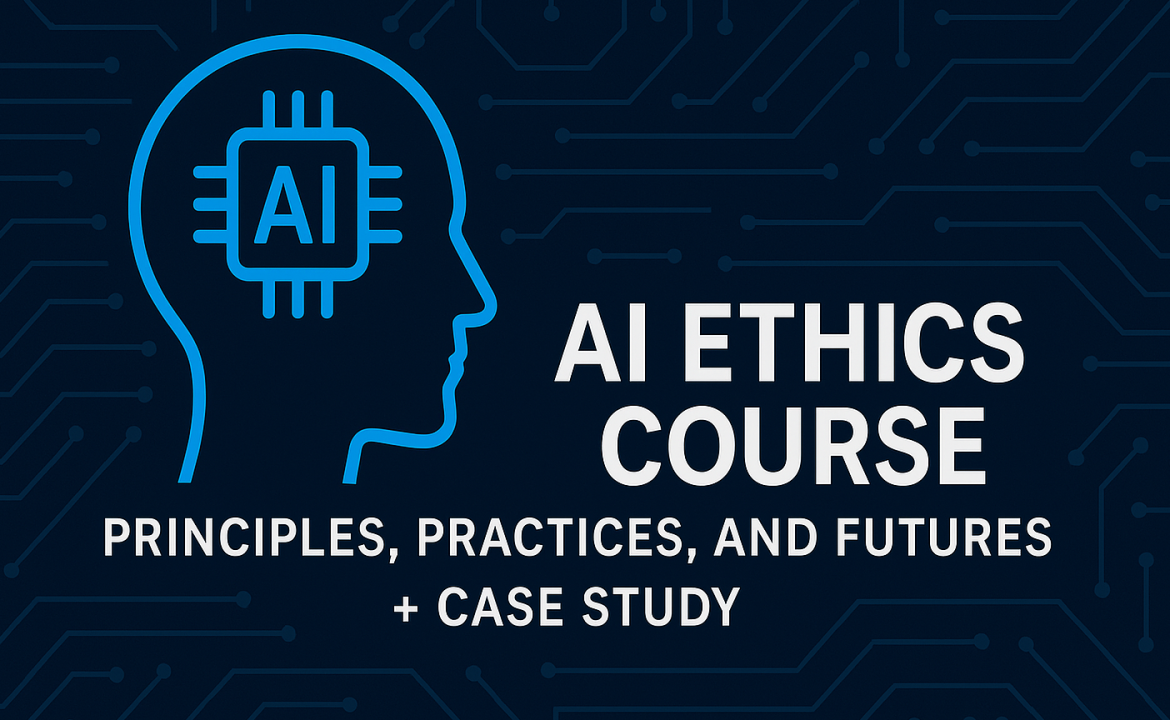
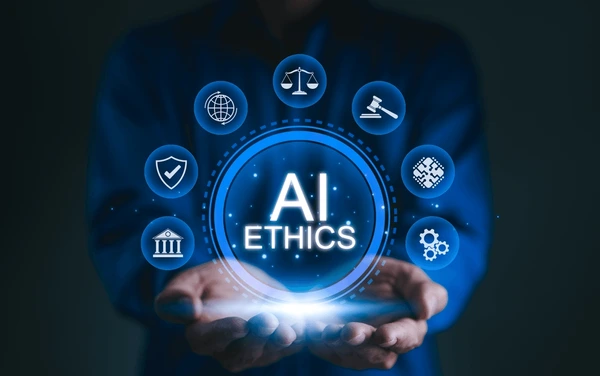
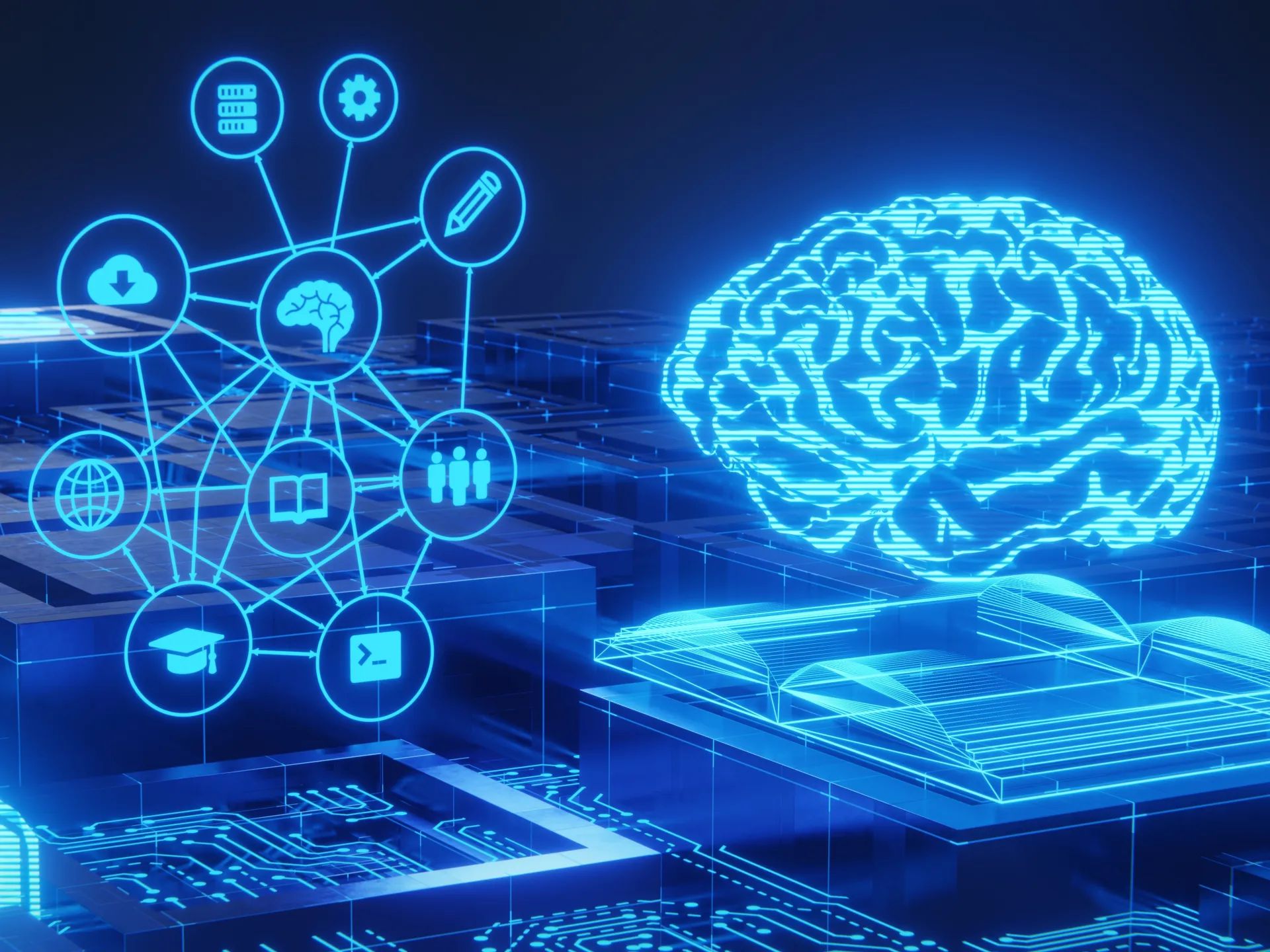
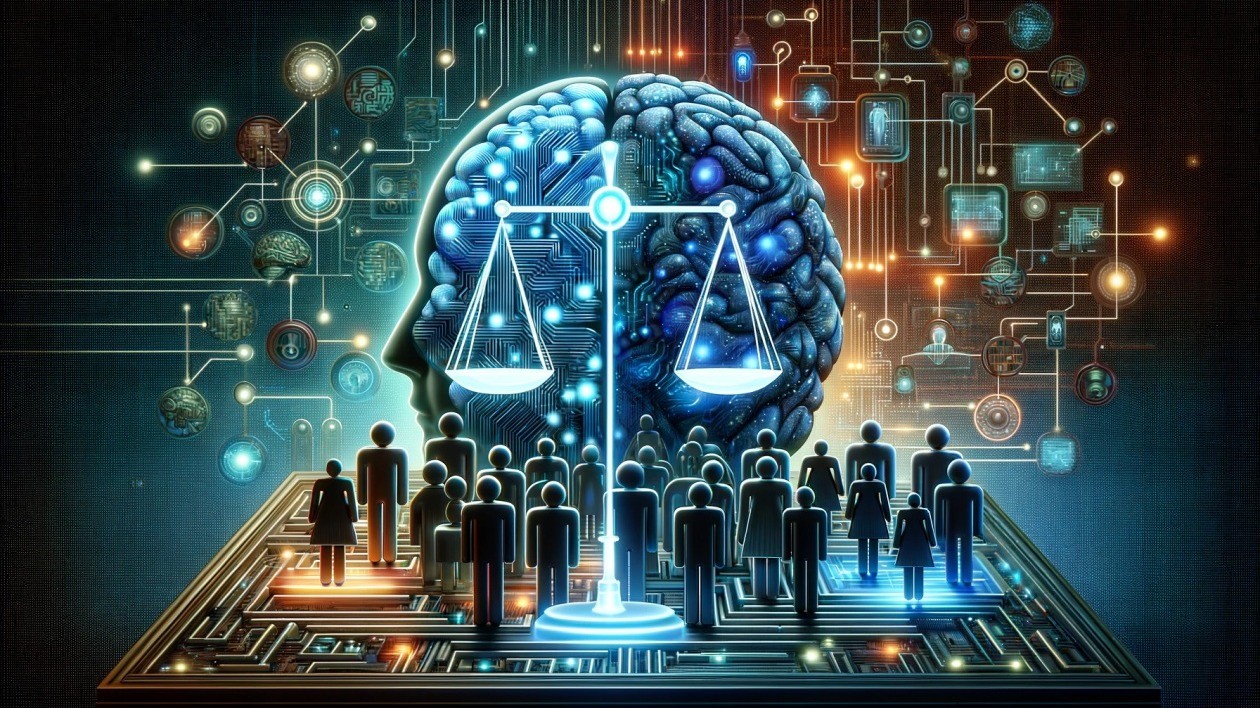
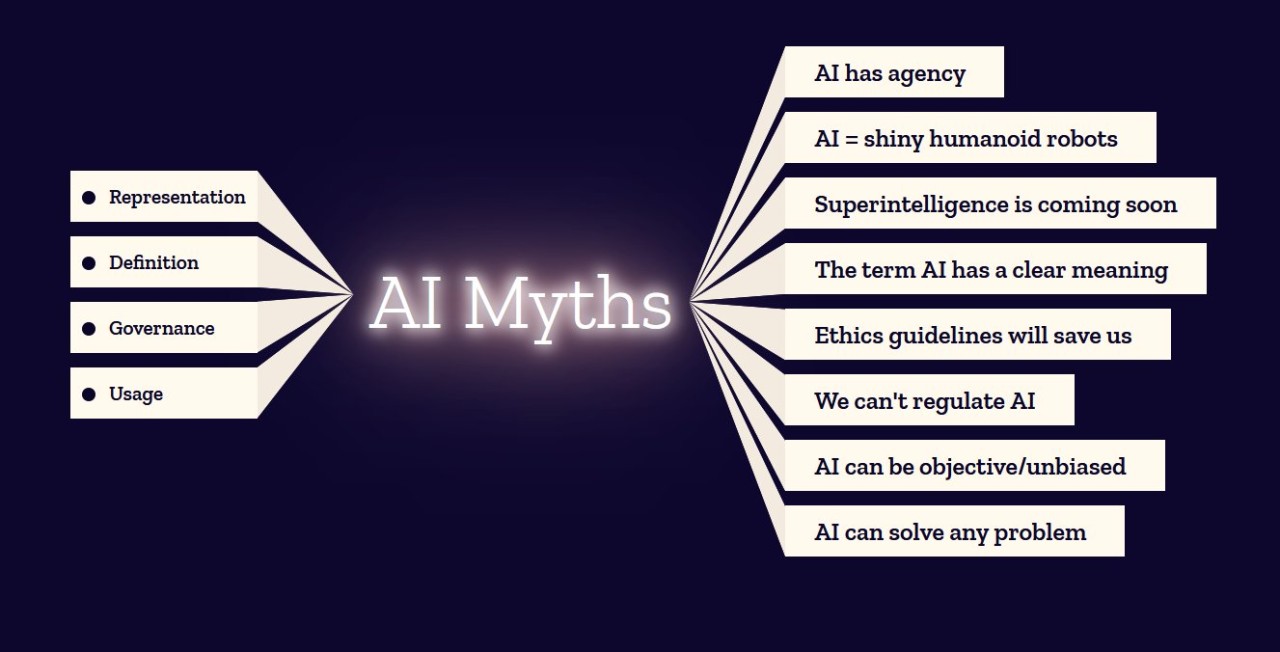
Leave feedback about this